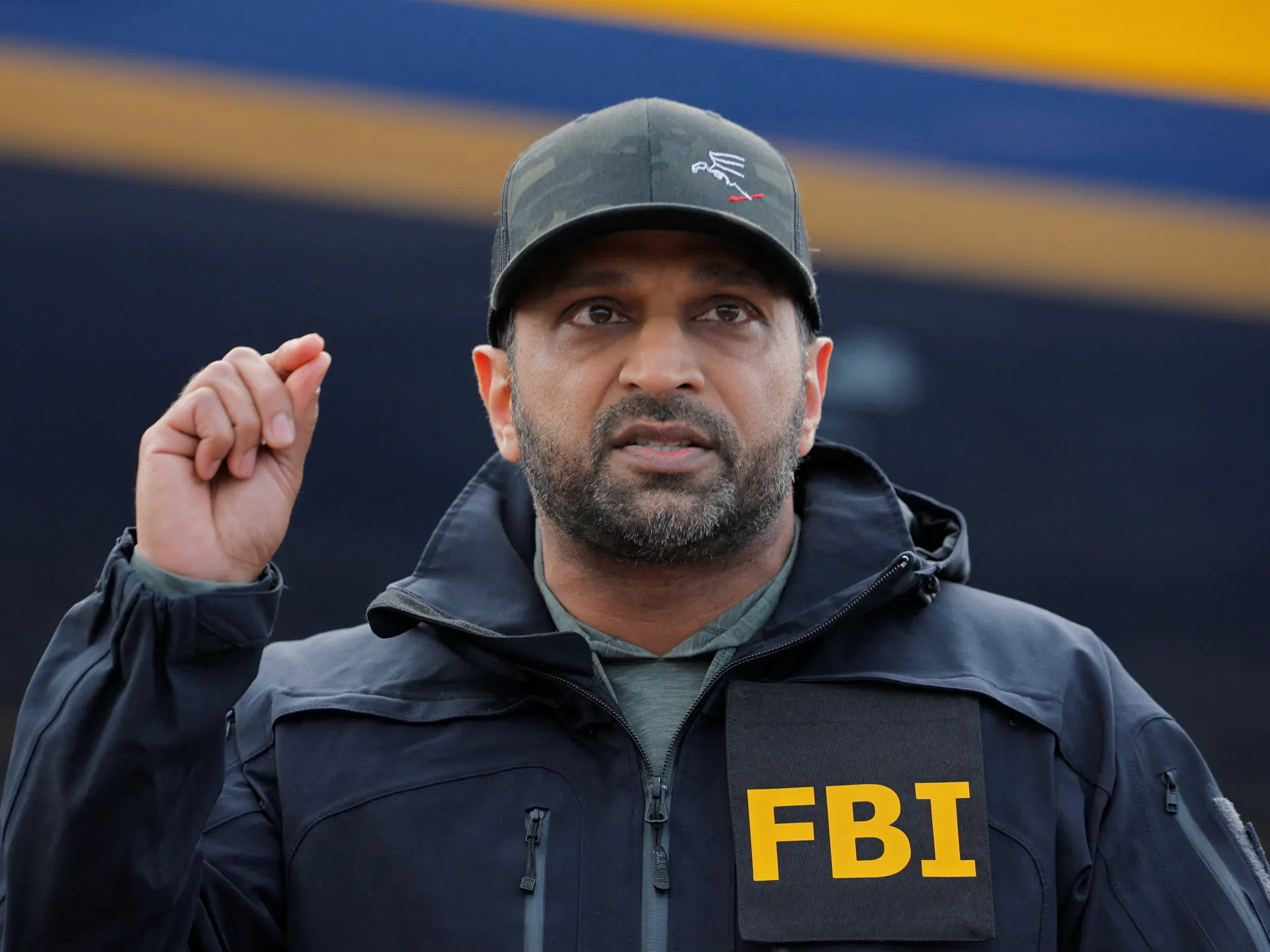Decision ’92 : SPECIAL VOTERS’ GUIDE TO STATE AND LOCAL ELECTIONS : THE THIRD PARTIES
Although the two dominant political parties–Republican and Democratic–get most of the attention and their candidates win most offices, there are four other ballot-qualified parties in California: American Independent, Green, Libertarian, and Peace and Freedom. Buoyed by a surge in voter disaffection and disgust with the political status quo, the minor parties are fielding candidates in a number of major California races. Yet victory is likely to remain elusive: The combined voter registration of the four parties totals only 450,000. Most often, these parties enter races not so much to win as to force the discussion of certain issues that they feel might otherwise be ignored. Here is a look at the parties and the issues they stand for. All but the Green Party have entered candidates in the U.S. Senate races, and those candidates are also listed here. Candidates in other races are listed on Pages 6, 7 and 8.
AMERICAN INDEPENDENT:
Origins: Supporters of former Alabama Gov. George C. Wallace’s 1968 presidential bid formed this party. Today, it disavows the racism once associated with Wallace but promotes fiscal conservatism and a generally right-wing agenda. The party is loosely Loosely affiliated with the U.S. Taxpayers Party elsewhere in the nation. But it is not related, as some mistakenly believe, to businessman Ross Perot’s independent presidential candidacy.
Membership: 217,197 registered voters (1.54% of state’s total registration).
Issues: The party wants to reduce government spending across the board, including cuts in the military budget. It would terminate all foreign aid. American Independent candidates want to eliminate the federal income tax and the Internal Revenue Service. They would repeal many environmental and other government regulations and impose term limits for elected officials. They advocate removing the federal role in schools. They favor the death penalty and would outlaw abortion.
U.S. Senate candidates: Marketing consultant Paul Meeuwenberg for the two-year seat, Castroville businessman Jerome McCready for the six-year seat.
GREEN:
Origins: The newest of California’s alternative parties, the Greens were certified as an official party in January after a registration drive that targeted environmental rallies, anti-Gulf War marches and rock ‘n’ roll concerts. Members include environmentalists, feminists and peace activists, among others. Despite the party’s fledgling status, members have already won about a dozen nonpartisan local offices across the state. Sixteen Greens are running for seats in the Congress and the Legislature this fall , most of them in Southern California. Most members live in the San Francisco Bay Area The party is patterned after the European Green parties but there are no financial ties.
Membership: 95,116 registered voters (0.67% of total).
Issues: The Greens favor strong environmental protection, or “ecological wisdom.” The party would like to see deep defense cuts, with the “peace dividend” going to education and other domestic programs. The party favors abortion rights, nonviolence and community-based economics. It also advocates vegetarian meals in schools and jails.
U.S. Senate candidates: None.
PEACE AND FREEDOM:
Origins: The party grew out of the anti-war movement of the 1960s, first qualifying for the ballot in California in 1968. Party membership began to wane after the Vietnam War but it is making a small comeback as the party broadens its platform to include a variety of liberal and socialist issues. Still largely a California party.
Membership: 68,182 registered voters (0.48% of total).
Issues: The party promotes multiracial harmony and the righting of racial inequities as a prerequisite for bringing the national economy back to life. It advocates huge cuts in defense spending and the conversion of the nation’s defense industry to civilian business. The party also favors redistribution of the wealth, achieved through taxing the rich and raising the minimum wage.
U.S. Senate candidates: Gerald Horne, professor of history and chairman of the black studies department at UC Santa Barbara, running for the two-year seat. Genevieve Torres, a cancer researcher, is listed on the ballot as the party’s candidate for the six-year seat, but because of internal disputes, many in the party have distanced themselves from her campaign.
LIBERTARIAN:
Origins: On the ballot in all 50 states, the Libertarian Party was founded in 1971 in Colorado. It promotes a synthesis of social Darwinism, individualism and laissez-faire economics. The party is fielding 100 candidates in congressional and local races in California.
Membership: 66,994 registered voters (0.47% of total).
Issues: The Libertarian Party stands for a hands-off style of government and the defense of personal liberties. Libertarian candidates believe in putting a cap on federal spending, reducing defense spending and eliminating foreign aid. They would phase out federal subsidies to businesses and to state and local governments. They support a voucher system in schools and would eliminate the Department of Education, the Environmental Protection Agency and most government offices. Because they believe in limited government, Libertarian candidates advocate legalization of drugs, prostitution and gambling.
U.S. Senate candidates: Self-described entrepreneur and motivational speaker Richard Boddie for the two-year seat; computer programmer June Genis for the six-year term.


